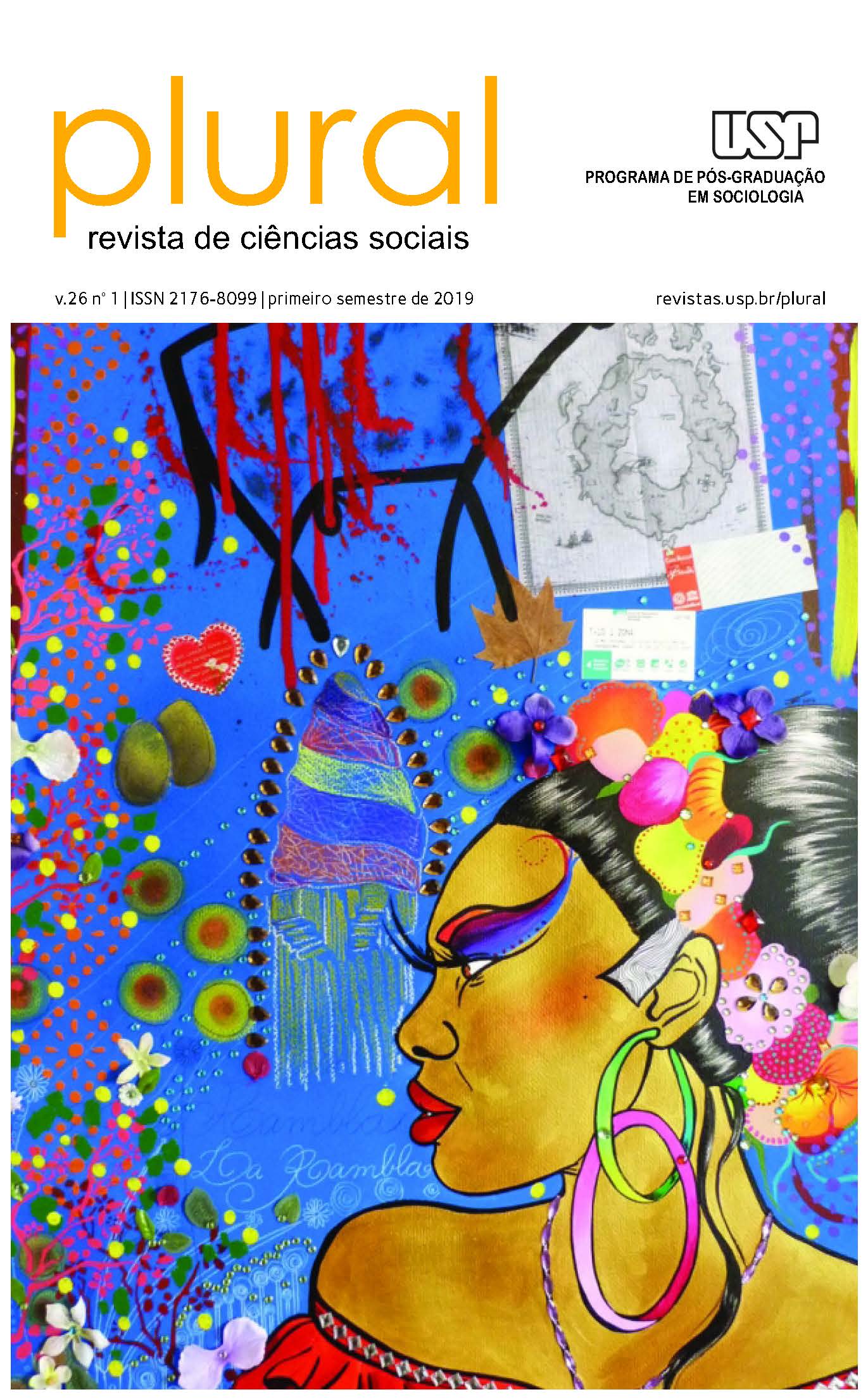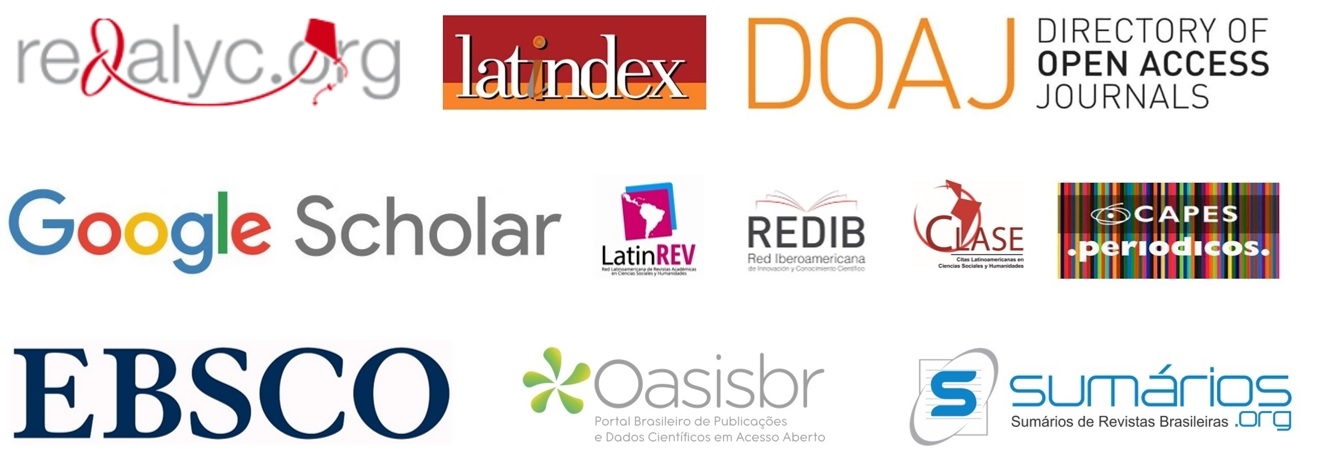Situated knowledge, gender and race
a field experience at São Paulo’s East Side
DOI:
https://doi.org/10.11606/issn.2176-8099.pcso.2019.159748Keywords:
Situated knowledge, Gender, Methodology, Fieldwork, RaceAbstract
This article deals with narratives about the interactions between the researcher (a middle class white man) and his collaborators (working class women living in São Paulo’s East Side, most of them black) in a fieldwork that resulted in a PhD dissertation. The social differences between the subjects were constantly marked during the process. As in any qualitative research, the described, analyzed and interpreted data were produced through concrete and specific interactions. It is argued that these interactions are not invariable or mechanically predictable because each concrete subject elaborates them practically and symbolically in determinate ways. The primary data collection techniques were interviews and semi-participant observations. At the same time that many limits conditioned by the researcher’s social situation are recognized and incorporated it is argued that it might exist some specific productivity in a middle class white man’s positionality studying working class women’s social movements. Methodological reflections and Haraway’s feminist standpoint epistemology’s concept of “situated knowledge” are mobilized in order to analyze the relations resulted from the dialogue between the investigator and the other subjects.
Downloads
Downloads
Published
Issue
Section
License
Copyright (c) 2019 Política de direitos compartilhados

This work is licensed under a Creative Commons Attribution-NonCommercial-ShareAlike 4.0 International License.
Ao submeter seu trabalho à Plural, o autor concorda que: o envio de originais à revista implica autorização para publicação e divulgação, ficando acordado que não serão pagos direitos autorais de nenhuma espécie. Uma vez publicados os textos, a Plural se reserva todos os direitos autorais, inclusive os de tradução, permitindo sua posterior reprodução como transcrição e com devida citação de fonte. O conteúdo do periódico será disponibilizado com licença livre, Creative Commons - Atribuição NãoComercial- CompartilhaIgual –, o que quer dizer que os artigos podem ser adaptados, copiados e distribuídos, desde que o autor seja citado, que não se faça uso comercial da obra em questão e que sejam distribuídos sob a mesma licença (ver: http://www.creativecommons.org.br/).







